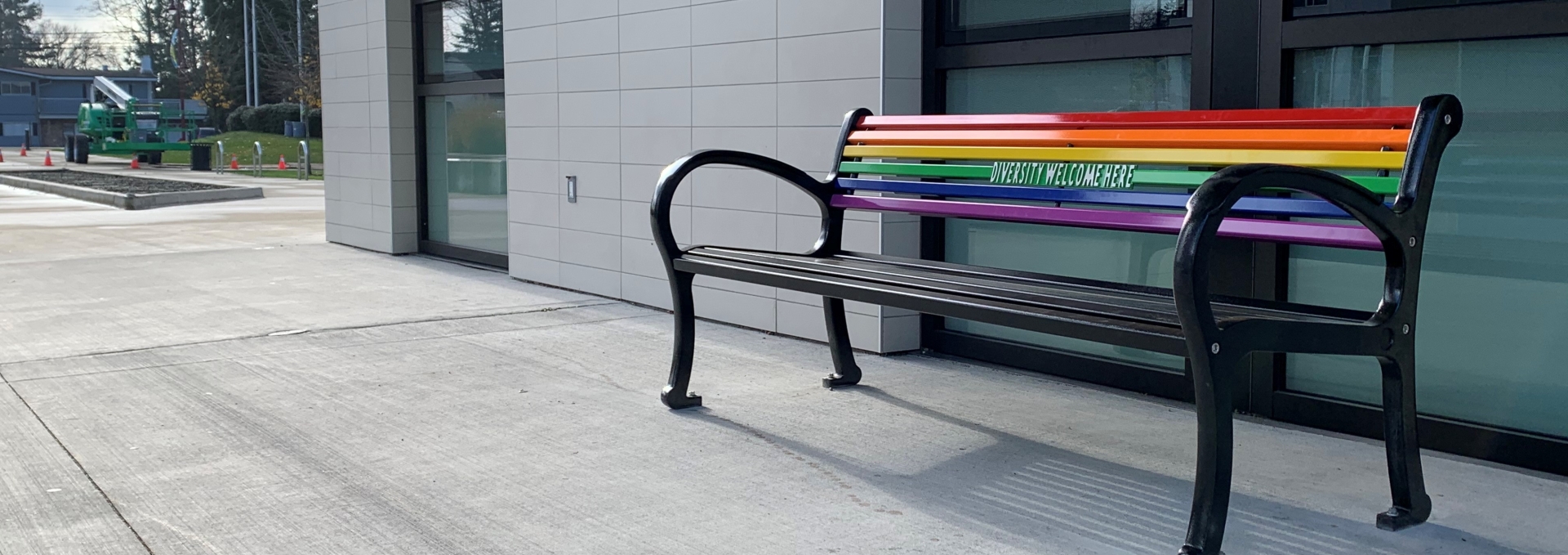What is Social Planning?
Social planning is based on the philosophy that the conditions in which people are born, grow, live, work and age have a direct impact on people’s success in life and their ability to make fulfilling contributions to society. These circumstances are shaped by the distribution of money, power and resources at global, national and local levels.
Social Planning aims at building healthy, equitable and vibrant communities. It is a planning process that helps identify community needs to improve the quality of life for all residents.
Municipal Role in Social Planning
Local governments have limited direct responsibility for the provision of social services within their communities. However, they are often the first points of contact for people in need and, thus, service gaps are often identified in collaboration with municipal governments. As a result, municipalities play multiple roles in social planning processes from policy development and service delivery to providing funding to local community agencies and advocating to senior levels of government.
Local governments often apply collaborative and intersectional approaches to their social planning processes by engaging stakeholders from multiple sectors to address complex social issues such as poverty, housing affordability, accessibility, homelessness, etc.
The City of Delta plays an important role in improving the social well-being of Delta residents and enhancing social inclusion and connection within the community. As part of social planning, Delta, in collaboration with community partners, works to identify service needs and gaps and seek out opportunities to address them.
Community Partners – Service Agreements
To support the provision of social services, the City of Delta has service agreements with several community partners. As part of these service agreements, community partners submit an annual progress report outlining the services provided over the previous year. These reports are shared below to highlight the supports available for Delta residents.

